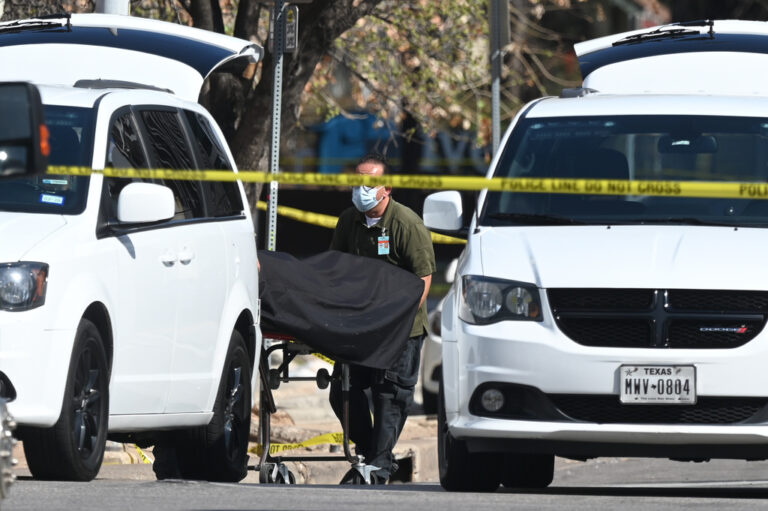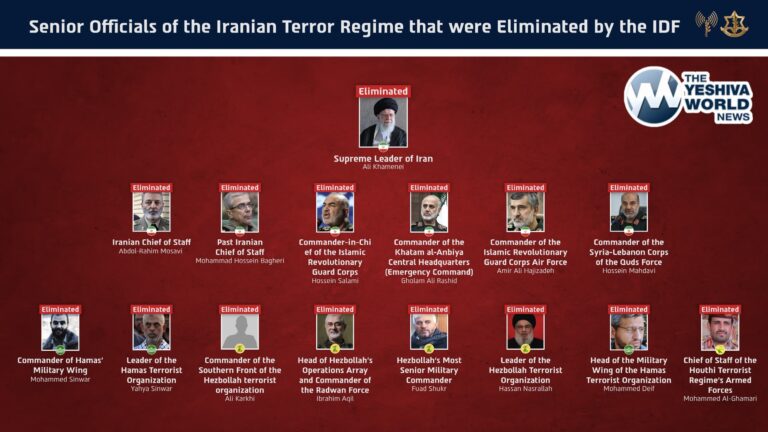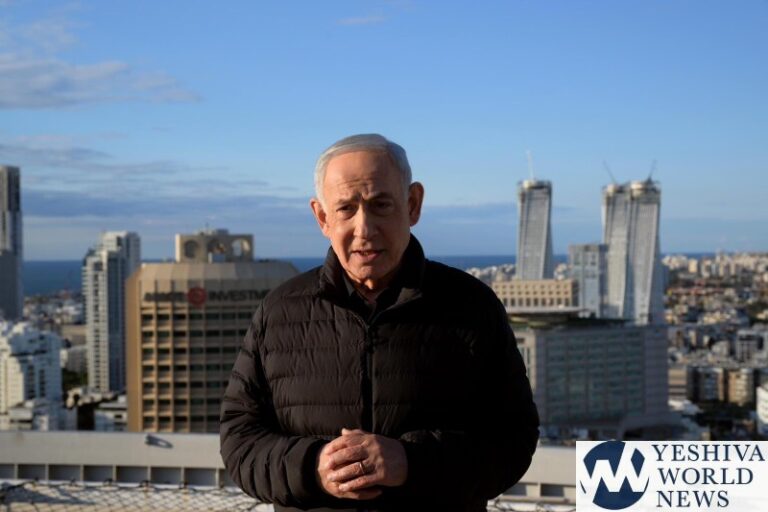 The Pakistani authorities moved on Saturday to demolish the house where Osama bin Laden died at the hands of Navy SEALs last May, erasing a three-story building that had acquired a painful symbolism for Pakistan’s powerful military, which was badly embarrassed by the American raid.
The Pakistani authorities moved on Saturday to demolish the house where Osama bin Laden died at the hands of Navy SEALs last May, erasing a three-story building that had acquired a painful symbolism for Pakistan’s powerful military, which was badly embarrassed by the American raid.
Working by floodlight, heavy machinery operators broke through the tall perimeter wall of the 3,000 square-meter compound in Abbottabad, 35 miles north of Islamabad, after dark on Saturday. Hours later, they started to knock down the main house where Bin Laden had lived with his family and three smaller buildings.
A local official, speaking on the condition of anonymity, said the military handed control of the house to the district administration on Saturday afternoon and the demolition began soon after that.
The operation was swathed in considerable secrecy. Military personnel sealed off the area around the compound, keeping reporters away. Initially a macabre tourist attraction, Bin Laden’s house has been under strict intelligence surveillance in recent months; several foreigners who attempted to visit it, including French and British journalists and the Danish ambassador, were detained before being sent back to Islamabad.
A BBC reporter who slipped through the security cordon estimated that about three quarters of the house had been destroyed by 1:30 a.m. on Sunday.
The operation comes as a Pakistani government commission charged with investigating the circumstances surrounding Bin Laden’s stay in Pakistan prepares to release its report. The military is also still fending off questions about what it knew of the Al Qaeda leader’s presence in Pakistan.
The military faced unprecedented criticism at home and abroad after the May 2 raid, when the SEALs flew undetected into Pakistan, stormed the house and shot the Qaeda leader in the head. The Inter-Services Intelligence Directorate, in particular, faced sharp scrutiny when it emerged that the world’s most wanted man had been hiding within a few hundred yards of the Pakistan Military Academy, the country’s version of West Point, probably since the house was built in 2005.
Last October, the ISI chief, Lt. Gen Ahmad Shuja Pasha, told the official inquiry team that his spies had been unaware of Bin Laden’s presence in Abbottabad.
In Washington, American officials said they had been caught off guard by the overnight demolition effort.
“The Pakistanis have been saying for a while that they wanted to do this, but the timing came as a complete surprise,” said one administration official who follows Pakistan closely, and who was not authorized to speak publicly about the matter.
With the anniversary of the raid that killed Bin Laden coming up in early May, he added, “the Pakistanis really don’t want to have all this attention around it.”
The official, who spoke on the condition of anonymity, predicted that the house’s destruction would not affect efforts to rekindle relations between the United States and Pakistan, which have been virtually frozen since an American airstrike killed 24 Pakistani troops near the Afghan border in November.
Described as an “extraordinarily unique” house worth $1 million by a senior Obama administration official in the hours after the May 2 raid, the house turned out to be a more modest and cramped building. Pakistani investigators counted 27 people, including 16 children and Bin Laden’s three wives, living in the 10-room main house and the 3-room guesthouse. Bin Laden, who had a $25 million American bounty on his head, moved into the house after it was completed in 2005 under the supervision of two Pakistani brothers who appeared to have been in charge of his security. One of the men, Arshad Khan, known to United States intelligence as “the courier,” purchased the property from a local doctor between 2004 and 2005 for $48,000, property records showed.
The Qaeda leader was eventually joined there by his three wives, the youngest of whom, Amal Ahmed al-Sadah of Yemen, gave birth to two children while living in the compound, a former Pakistani military official said. The three women are currently in the custody of Pakistani intelligence, and have been interviewed by American officials.
The Central Intelligence Agency director, Leon E. Panetta, publicly raised questions recently about why the Pakistani authorities had failed to detect the presence of the Qaeda leader. “It was the largest compound in the area,” he told the CBS News program “60 Minutes” in an interview broadcast last month. “So, you would have thought that somebody would have asked the question, ‘What the hell’s going on there?’ ”
Accounts of how United States intelligence came to locate Bin Laden at the house remain incomplete. Officials say they started to believe he was living there in March 2011. In an effort to confirm his presence, the C.I.A. hired a Pakistani doctor to organize a bogus vaccination scheme in Abbottabad in order to try to gain DNA samples from the house.
The doctor, Shakil Afridi, has been arrested by the ISI, and the authorities say he may be charged with treason. Mr. Panetta said Dr. Afridi provided “very helpful” information to the C.I.A. and said Pakistani actions against him were “a real mistake” since the doctor was helping to fight terrorism.
Some Western aid agencies criticized the bogus vaccination scheme, saying it would harm their work. The 17 health workers employed by Dr. Afridi, who were apparently unaware of the C.I.A. link, have since lost their jobs, McClatchy Newspapers reported last week.
(Source: NY Times)










